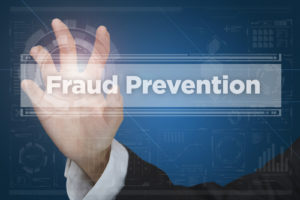
By Beau Peters
Special to Financial Independence Hub
How we manage our personal finances has changed over the years, notably the transition to handling more of our financial tasks online. From banking to paying bills to applying for loans to budgeting, all these things are carried out primarily online now.
We love the convenience of doing these things online. However, there’s a greater chance of your financial data being compromised. But if you can adopt these cybersecurity practices, better financial management and security will result.
Educate yourself on Phishing and other Scams
To protect your personal finances from security threats, you must know what they are. Educating yourself on how your financial information could be potentially stolen and used in harmful or criminal activities is essential.
For example, phishing is when a person is contacted by someone that seems legitimate via email, phone, or text message. Because the person seems like they’re a legitimate contact or work for an honest company, people are more inclined to give up the personal information they’re asking for. Phishing scams surged in the wake of COVID-19 due to the urgent need for clarity.
To avoid having your finances compromised in a phishing scam, learn what different phishing communications look like. Look closely at the details and tone of the messages. And trust your gut if you feel like “something is off” with any communications you get.
Educate yourself on these common scams as well:
- Overpayment scams;
- Employment scams;
- Lottery and prize fraud;
- Debt collection scams;
- Family emergency/kidnapping scams.
The more you know about potential security threats to your personal finances, the better. Continue Reading…





